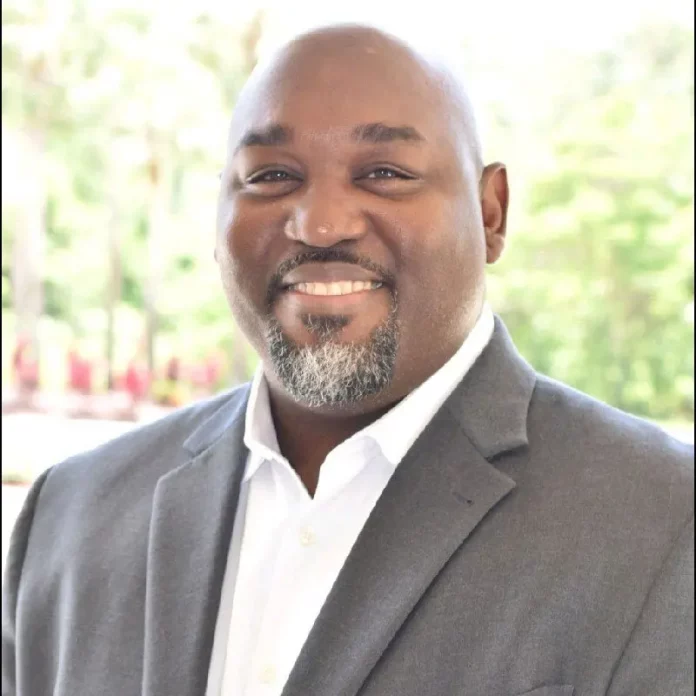by TERRANCE BOGAN
Seventy-two percent of Black investors surveyed said that building generational wealth was a main reason they started investing, according to J.P. Morgan Wealth Management’s latest Diverse Investor Study. I’m so encouraged to see more people in our community taking charge of their finances and investing not only in their future but the futures of those who come after them.
What do we mean when we say, “generational wealth?” And where does investing come in?
What is generational wealth?
Many of us have probably thought about the legacy we want to leave behind for our children, grandchildren and beyond. Put simply, generational wealth is the assets you pass on to the next generation. This can include family members or close friends. The idea is to help put the generations after you in a better position than where you started.
This is particularly significant in the Black community. For many Black families, historical racial inequalities have put a strain on building multigenerational wealth. According to the Federal Reserve in 2022, the typical Black family has $15 for every $100 of wealth held by the typical white family.
How investing can help
If you’re looking to build wealth in the long run, saving alone probably isn’t enough. Investing, or putting some of your money to work in the market, is an important component of a wealth-building strategy. By investing, you’re able to take advantage of a principle called compounding. This is where your money earns interest on top of the interest you’ve already accrued. As a result, the new amount has the potential to grow at a faster pace.
You won’t always earn gains on your investments. But if you start investing early, you’re giving your money more time to potentially grow in the long term. This also means your money has more time to ride out the bumps of market volatility. Time in the market — not timing the market — is key. The sooner you can get started, the better.
Tips for getting started
If you’re new to investing, here are a few tips to consider as you begin your wealth-building journey:
Have a plan — You probably have a lot of different goals for your money. Some may be short term, like taking a big vacation in the next year. Others might be more long term, like your children’s future college costs or your eventual retirement. The specific goals and their timelines will look different for every individual. This is why it’s so important to have a plan in place that is customized to your unique situation and priorities. A well-built plan can help you stay on track and work towards your various goals at the same time. Our study also found that respondents with a plan for their goals are more likely to rate their financial health highly, say their financial situation has improved in recent years and talk to their children about money.
Be consistent — When it comes to investing, consistency is key. It’s a common misconception that you need a lot of money to get started. This isn’t true — you can start small with an amount that works for you. However, it is important to be consistent with your investments. This can help you stay on track in the long run.
Don’t be afraid to ask for help — Remember, you don’t have to approach it alone. Everyone has their own preference for managing their money. For some people, working with a professional can be helpful. A financial advisor can act as your partner throughout your investing journey. They can help you map out your different goals, create a custom-tailored plan for those goals and support you along the way.
Terrance Bogan is a Market Director at J.P. Morgan Wealth Management in Indianapolis. He manages a team of financial advisors who help people work towards their financial goals, based in Chase branches in Indianapolis.
J.P. Morgan Wealth Management is a business of JPMorgan Chase & Co., which offers investment products and services through J.P. Morgan Securities LLC (JPMS), a registered broker-dealer and investment adviser, member FINRA and SIPC.


